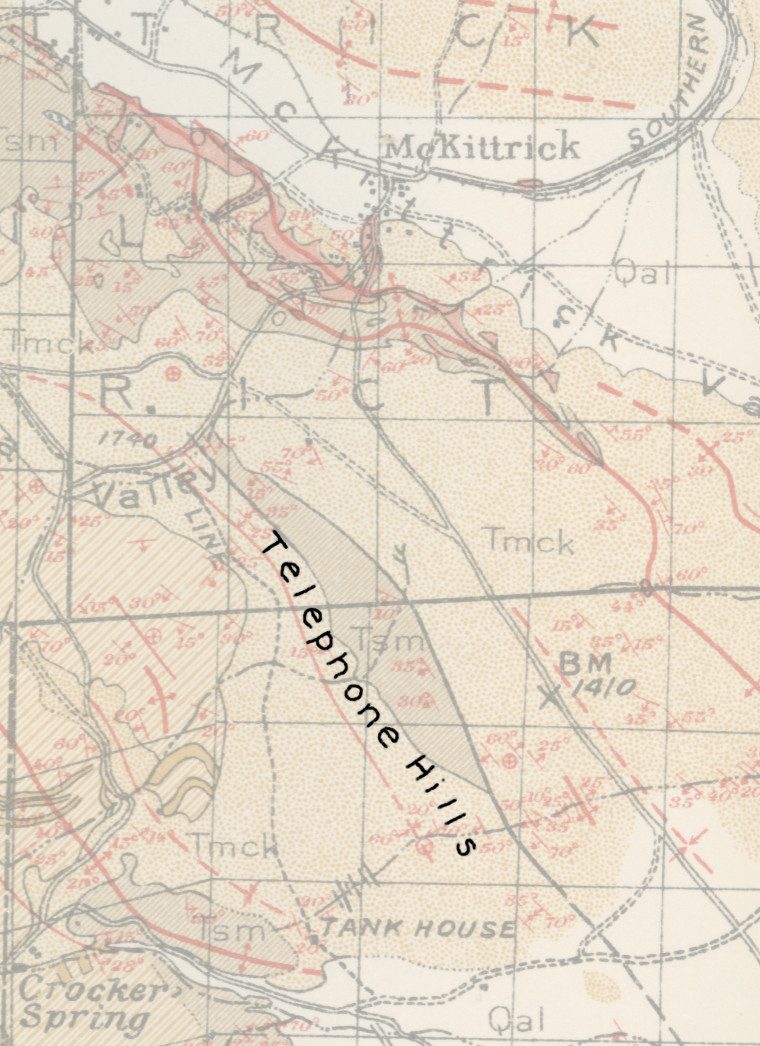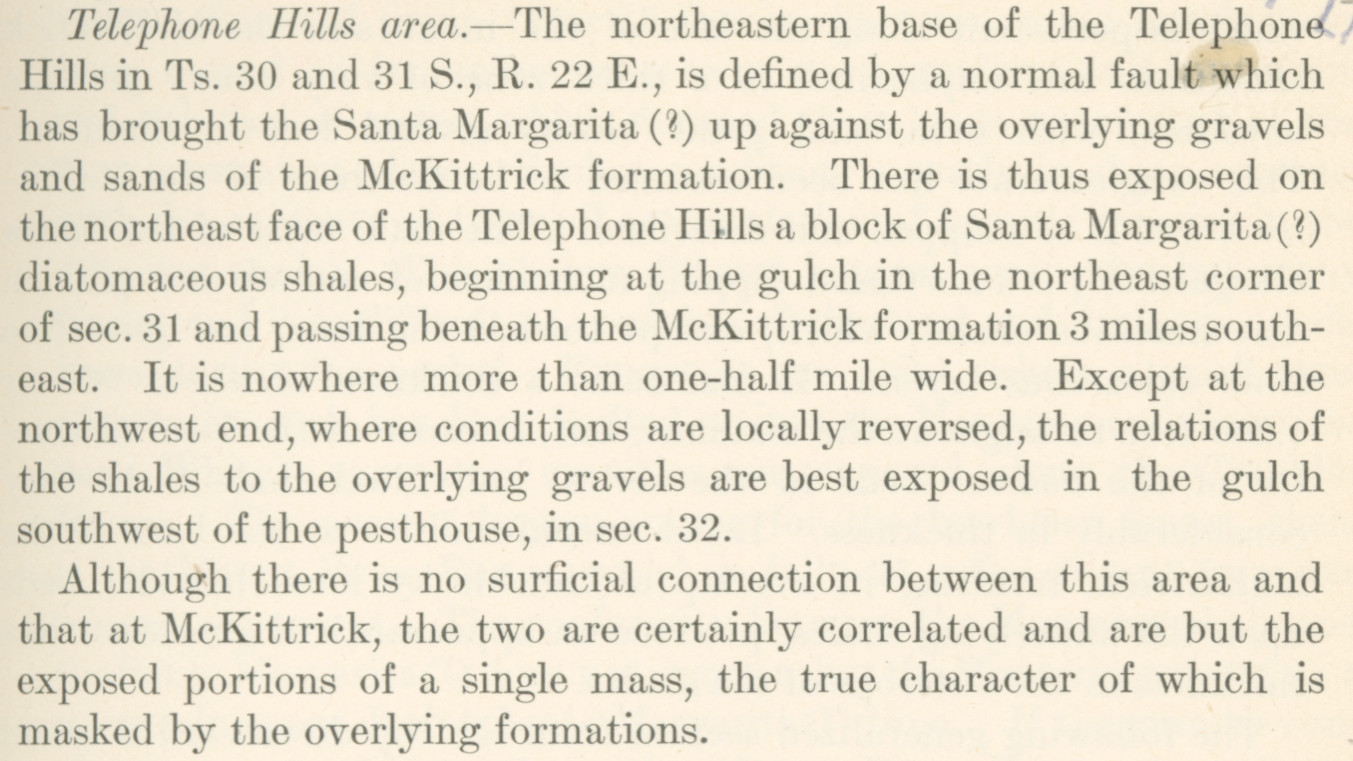Telephone Hills
Josiah Arven Polhemus, Superintendent of the Division of Telephones and Telegraphs for Standard Oil Company of California. This page is about Josiah Arven — who went by Arven — my great-grandfather, an entry point into the convoluted ways a white middle-class family, my family, can exist simultaneously as environmental activists and inheriters of the lineage facilitating the racialized destruction that is climate change.



The rest of this page is kind of like public notes, with lots of random thoughts and other things added as they come up.
There's an erasing of history, or things, at the point of departure from oil. This is present in Cities of Salt, and also present in much of the Geological Literature. For those in power it becomes like a blank slate from which time begins anew.
There's also a silencing of voices. This is present in the CA Standard Oil Video where a white man literally speaks for indigenous Americans. This is also present in Cities of Salt where al-Hathal family often become mute after drinking cursed waters of Rawdhat Al-Mashti (and after destruction of their homes for the construction of oil insfrastructure.)
With previous history erased, with previous people silence, things start fresh with oil power (and it's associated whiteness) taking authority, right to speak and to exist. This manifests often through technical processes and procedures, and often most-troublingly for me as a highly-technical view of the landscape — the view that's present in geological maps and texts, and spreading out to much of the more "benign" literature of the government, such as that of National Park Service.
With my own family's history in the National Park Service this is illuminating as well. With the ideology contained in the above video considered, it's not so incongruous that there could be this oil lineage in a family that is so tied up with the US National Park system. Not irrelevant is the fact that National Parks are still largely spaces for cars. Even more relevant is the way in which they're a space for white americans to play out imagined adventures of wilderness exploration of depopulated land. This is the foundation for the ideology of oil as well.
There's also something interesting here about the occasional tendency to represent oil infrastructure as the history, as in US Bureau of Mines reports on finding abandoned oil and gas wells where pieces of old oil infrastructure are laid out as historical artifacts — findings from an archeological dig or similar. And the archeological dig, the catalog of artifacts, has of course its own politics as a way of knowing.
Is there value in projects attempting to move the "before" — the prehistory and the before the oil — back into the imagery of this technical view of landscape, perhaps through repositioned maps, signs, etc? What are the sigils of this view of the landscape? Geological Maps and cross-sections. Reports. Signage opaque to all who do not understand the way the landscape has been divide. Technical radio signals.
Some books
that have been part of this
Standard Oil of California (SOCal), a timeline
| 1876-1879 | ~ | Star Oil |
| 1879-1900 | ~ | Pacific Coast Oil Company |
| 1900-1906 | ~ | Pacific Coast Oil Company (Standard Oil) |
| 1906-1911 | ~ | Standard Oil |
| 1911-1926 | ~ | Standard Oil Company (California) |
| 1926-2013 | ~ | Standard Oil Company of California (SOCal) |
| 2013-... | ~ | Chevron |
Resources
These actually are probably not that useful
Standard Oil of California: 100 years of helping to create the future on OCLC
Standard Oil Company of California by Robert C Kuser on OCLC
* * *












